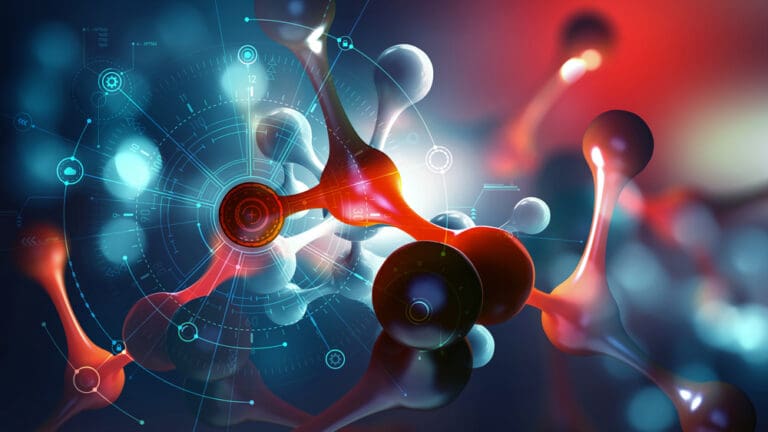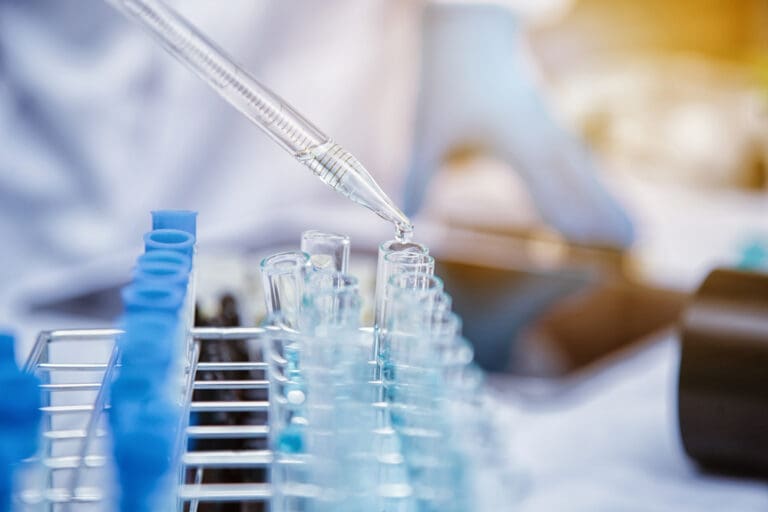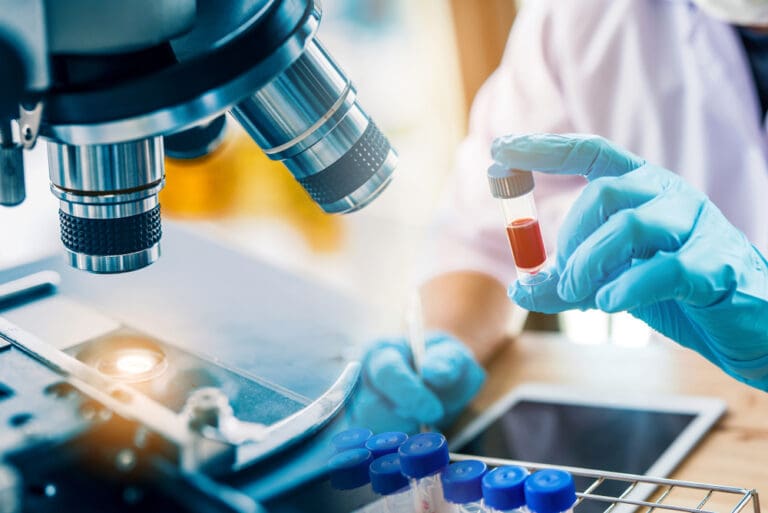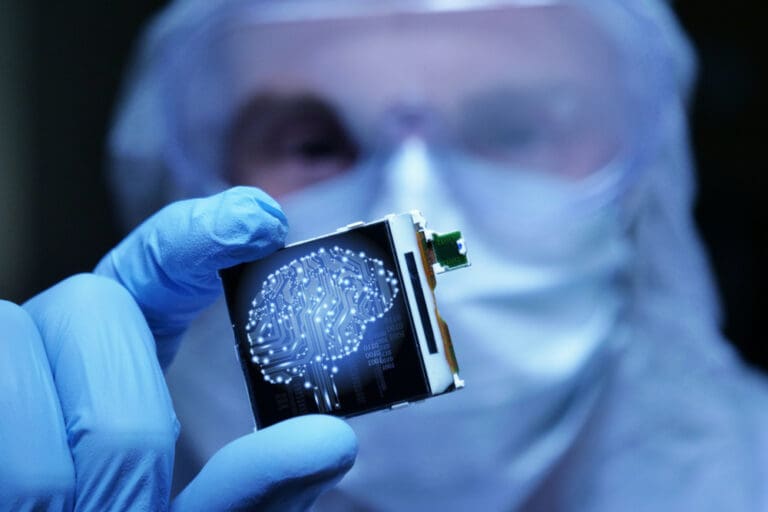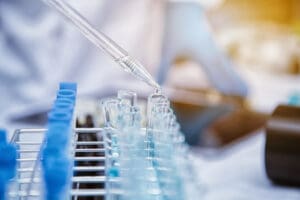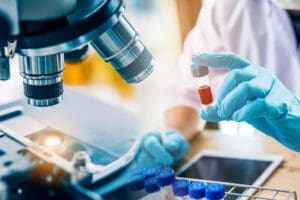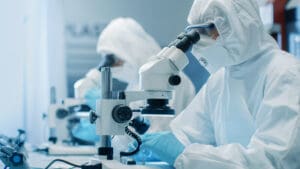Nanotechnology is rapidly transforming our world, developing new materials and technologies with unprecedented properties and capabilities.
The Nanotechnology sector is set to see a huge growth in demand for related products and services over the next five years across various industries, alongside an increase in government investments towards nanoscale research and development.
According to BCC Research, the global nanotechnology market is expected to reach $183.7 billion by 2028, with a CAGR of 22.0% from 2023. This technology has the potential to revolutionize every aspect of our lives and continues to expand and advance.

Energy
Nanoscale advancements in energy are leading to the development of cleaner and more efficient technologies like solar cells, batteries, and fuel cells.
Nanoscale solar cells can now convert sunlight into electricity more efficiently than traditional silicon solar cells, while nanoscale batteries can store more energy and outlast conventional batteries.

Food and Agriculture
Nano sensors are also being utilized in the food and agriculture sectors to monitor soil and crop health, helping farmers reduce their use of pesticides and herbicides. At the same time, nanomaterials can also be used to develop new ways to package and preserve food, reducing food waste.

Healthcare
Healthcare has already seen nanotechnology play a crucial role in developing advanced diagnostic tools and treatments in the healthcare industry.
Nanoscale drug delivery systems can now target specific tumour cells, reducing the adverse effects of chemotherapy. Additionally, nanotechnology has now been employed to create highly effective and cost-efficient vaccines, surpassing traditional vaccine techniques.

Global Development
Another notable application of nanotechnology is the creation of water purification systems that can provide clean drinking water to individuals in developing nations. This is alongside nanoscale sensors used to monitor water quality and detect contaminants.
Scientists are developing innovative catalysts using nanoscale materials to capture and store carbon dioxide emissions. Additionally, nanotechnology is aiding in creating novel materials that can help us adapt to the consequences of Climate Change, such as rising sea levels and severe weather patterns.
Conclusion
Nanoscale innovation presents an opportunity to create a better and more sustainable future for all. By harnessing the unique properties of nanoscale materials and technologies, we can find solutions to some of the world’s most pressing issues and work towards building a safer, fairer, and more equitable world.

